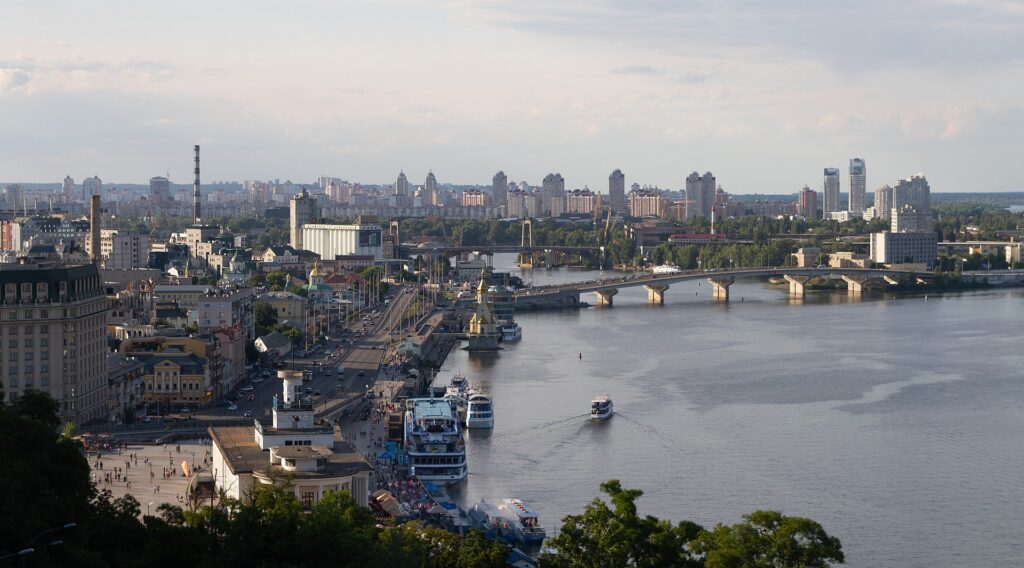IMF: More profitable for partners to finance Ukraine now, instead of financing consequences of defeat
The representative argues that the economic ripple effects of a Russian victory would far exceed the price of current aid packages to Ukraine.


A representative of the International Monetary Fund (IMF) has said that Ukraine has shown that it is a good borrower and has a good debt repayment plan, so it is more profitable for Ukraine’s partners to provide financing to the country now, to prevent its defeat in the war.
Representative of the IMF to Ukraine, Priscila Tofano, said that it is cheaper to finance Ukraine now, than to cover the costs in the case of Ukraine’s defeat during the war.
“Financing the country now is worth it. Not only in terms of values, principles, or morality, but it may be cheaper for its allies. It is cheaper to finance Ukraine now and prevent it from losing the war than to cover the costs of additional defense or refugees if Ukraine loses the war,” Tofano said.
At the same time, Tofano noted that Ukraine must continue to prove to its international allies its ability to pursue the right policies.
The IMF representative emphasized that the country has made efforts to increase its own revenues, but the shock caused by Russian aggression is so great that Ukraine cannot do without external financing, and in this regard, the new G7 initiative “Accelerating Emergency Revenue Arrangements (ERA) for Ukraine” is important, under which the country will be allocated $50 billion from the proceeds of frozen Russian assets.
Tofano also noted that after the war ends, Ukraine’s expenditures will remain high due to the costs of reconstruction, significant social expenditures, including the adaptation of veterans, and efforts to return citizens who have left the country.
In this regard, the Fund’s representative emphasized the importance of raising taxes, mentioning in this context the IMF’s proposal to raise the value added tax and compliance with the National Revenue Strategy.
Tofano also emphasized the importance of improving the rationalization and planning of expenditures to free up additional financial resources, improve the performance of institutions, and maintain the focus on EU accession.
“This idea is that we also have to plan for post-war needs. So, for example, in our program, we have a structural benchmark of the Budget Declaration covering 2026-2028 to make sure that Ukraine is thinking about these higher costs, these costs that will be growing rapidly now and also after the war,” she said.
Among the ways to secure financial resources, she also mentioned the restructuring of Ukraine’s external debts, reiterating that equity financing remains an undesirable option.
Related:
- Support Ukraine now or pay more later, Dutch think tanks tell West
- Ukraine to receive about $ 1.37 billion grant from World Bank
- UK grants Ukraine £3.5 billion for British-made weapons procurement
- Ukrainian tech grants boosted to support innovation
- UK intel: Russia steals Ukraine’s mineral resources in occupied areas
- Hahn: Potential 20% EU budget hike from Ukraine’s accession only 0.2% of economic output, yet quick membership unlikely



